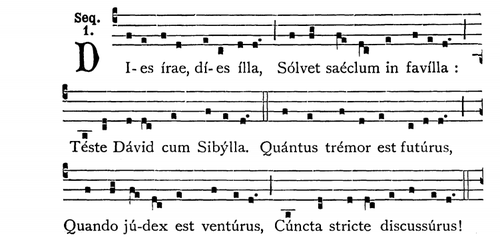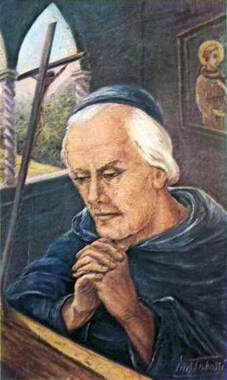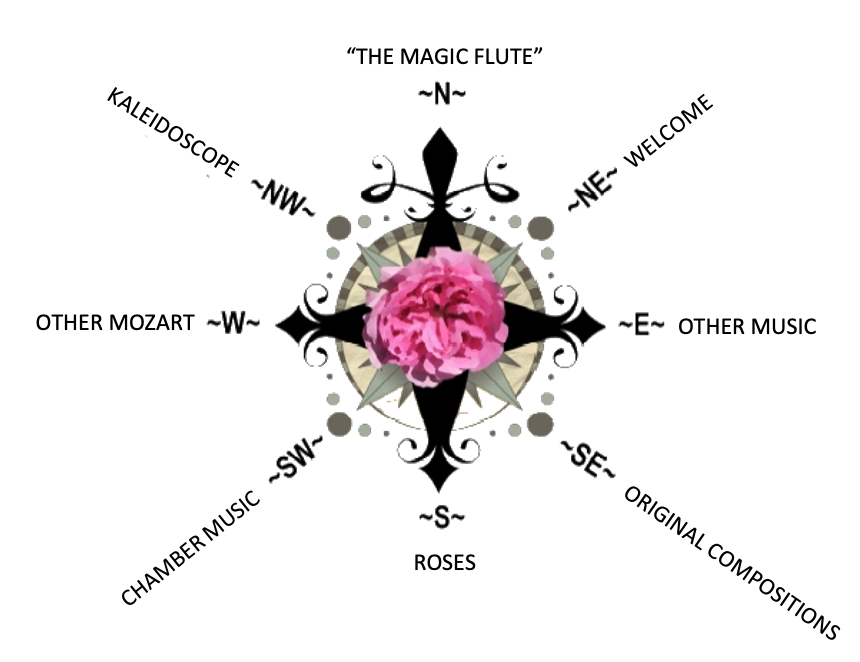- Home
- N - The Magic Flute
- NE - Welcome!
-
E - Other Music
- E - Music Genres >
- E - Composers >
-
E - Extended Discussions
>
- Allegri: Miserere
- Bach: Cantata 4
- Bach: Cantata 8
- Bach: Chaconne in D minor
- Bach: Concerto for Violin and Oboe
- Bach: Motet 6
- Bach: Passion According to St. John
- Bach: Prelude and Fugue in B-minor
- Bartok: String Quartets
- Brahms: A German Requiem
- David: The Desert
- Durufle: Requiem
- Faure: Cantique de Jean Racine
- Faure: Requiem
- Handel: Christmas Portion of Messiah
- Haydn: Farewell Symphony
- Liszt: Évocation à la Chapelle Sistine"
- Poulenc: Gloria
- Poulenc: Quatre Motets
- Villa-Lobos: Bachianas Brazilieras
- Weill
-
E - Grace Woods
>
- Grace Woods: 4-29-24
- Grace Woods: 2-19-24
- Grace Woods: 1-29-24
- Grace Woods: 1-8-24
- Grace Woods: 12-3-23
- Grace Woods: 11-20-23
- Grace Woods: 10-30-23
- Grace Woods: 10-9-23
- Grace Woods: 9-11-23
- Grace Woods: 8-28-23
- Grace Woods: 7-31-23
- Grace Woods: 6-5-23
- Grace Woods: 5-8-23
- Grace Woods: 4-17-23
- Grace Woods: 3-27-23
- Grace Woods: 1-16-23
- Grace Woods: 12-12-22
- Grace Woods: 11-21-2022
- Grace Woods: 10-31-2022
- Grace Woods: 10-2022
- Grace Woods: 8-29-22
- Grace Woods: 8-8-22
- Grace Woods: 9-6 & 9-9-21
- Grace Woods: 5-2022
- Grace Woods: 12-21
- Grace Woods: 6-2021
- Grace Woods: 5-2021
- E - Trinity Cathedral >
- SE - Original Compositions
- S - Roses
-
SW - Chamber Music
- 12/93 The Shostakovich Trio
- 10/93 London Baroque
- 3/93 Australian Chamber Orchestra
- 2/93 Arcadian Academy
- 1/93 Ilya Itin
- 10/92 The Cleveland Octet
- 4/92 Shura Cherkassky
- 3/92 The Castle Trio
- 2/92 Paris Winds
- 11/91 Trio Fontenay
- 2/91 Baird & DeSilva
- 4/90 The American Chamber Players
- 2/90 I Solisti Italiana
- 1/90 The Berlin Octet
- 3/89 Schotten-Collier Duo
- 1/89 The Colorado Quartet
- 10/88 Talich String Quartet
- 9/88 Oberlin Baroque Ensemble
- 5/88 The Images Trio
- 4/88 Gustav Leonhardt
- 2/88 Benedetto Lupo
- 9/87 The Mozartean Players
- 11/86 Philomel
- 4/86 The Berlin Piano Trio
- 2/86 Ivan Moravec
- 4/85 Zuzana Ruzickova
-
W - Other Mozart
- Mozart: 1777-1785
- Mozart: 235th Commemoration
- Mozart: Ave Verum Corpus
- Mozart: Church Sonatas
- Mozart: Clarinet Concerto
- Mozart: Don Giovanni
- Mozart: Exsultate, jubilate
- Mozart: Magnificat from Vesperae de Dominica
- Mozart: Mass in C, K.317 "Coronation"
- Mozart: Masonic Funeral Music,
- Mozart: Requiem
- Mozart: Requiem and Freemasonry
- Mozart: Sampling of Solo and Chamber Works from Youth to Full Maturity
- Mozart: Sinfonia Concertante in E-flat
- Mozart: String Quartet No. 19 in C major
- Mozart: Two Works of Mozart: Mass in C and Sinfonia Concertante
- NW - Kaleidoscope
- Contact
What is a Requiem Mass
By Judith Eckelmeyer
WHAT IS A REQUIEM MASS?
A Requiem Mass is a variant on the primary worship service of the Roman Catholic church, the celebration of the Lord's Supper called the Mass. It is a Mass for the “Faithful Departed”, celebrated either as a funeral or as a memorial service. The word "requiem" is derived from the Introit, the first liturgical action in the service when the participants enter the church; the first words in Latin are “Requiem aeternam dona eis, Domine" (literally, Rest eternal grant them, Lord).
The specific form of the Requiem Mass developed over the early centuries of the Christian era but was essentially settled by the fourteenth century. Thomas of Celano's (d. 1256) long poem beginning with the words Dies irae (day of wrath), describing the terror of Judgment Day and pleading for mercy, became an integral part of the Requiem in the mid-sixteenth century; it is one of the five Sequence texts still used in the Roman Catholic liturgy.
A Requiem Mass is a variant on the primary worship service of the Roman Catholic church, the celebration of the Lord's Supper called the Mass. It is a Mass for the “Faithful Departed”, celebrated either as a funeral or as a memorial service. The word "requiem" is derived from the Introit, the first liturgical action in the service when the participants enter the church; the first words in Latin are “Requiem aeternam dona eis, Domine" (literally, Rest eternal grant them, Lord).
The specific form of the Requiem Mass developed over the early centuries of the Christian era but was essentially settled by the fourteenth century. Thomas of Celano's (d. 1256) long poem beginning with the words Dies irae (day of wrath), describing the terror of Judgment Day and pleading for mercy, became an integral part of the Requiem in the mid-sixteenth century; it is one of the five Sequence texts still used in the Roman Catholic liturgy.
Many composers have written settings of the Requiem using the original Latin words set to new musical settings in place of the traditional Gregorian chants. The movements of musical settings generally correspond to the major musical parts of the liturgical service: Introit, Kyrie, Gradual, Tract, Sequence (Dies irae), Offertory, Sanctus, Agnus Dei, and Communion. However, composers have not always composed settings for all of these parts.
Notable Requiem settings range from Johannes Ockeghem's in the fifteenth century to Benjamin Britten's in the twentieth. Wolfgang Amadeus Mozart's setting of the Requiem dates from 1791. In his setting, the Introit and Kyrie are combined to form the initial movement. The vivid Dies irae is then given an extended treatment in several movements (Dies irae, Tuba mirum, Recordare, Confutatis, Lacrymosa), followed by the Offertory in two movements (Domine Jesu Christe, Hostias) and the Sanctus in two movements (Sanctus-Osanna, Benedictus-Osanna). The setting concludes with the Agnus Dei and Communion (Lux aeterna) in one movement.
Judith Eckelmeyer ©1995
Notable Requiem settings range from Johannes Ockeghem's in the fifteenth century to Benjamin Britten's in the twentieth. Wolfgang Amadeus Mozart's setting of the Requiem dates from 1791. In his setting, the Introit and Kyrie are combined to form the initial movement. The vivid Dies irae is then given an extended treatment in several movements (Dies irae, Tuba mirum, Recordare, Confutatis, Lacrymosa), followed by the Offertory in two movements (Domine Jesu Christe, Hostias) and the Sanctus in two movements (Sanctus-Osanna, Benedictus-Osanna). The setting concludes with the Agnus Dei and Communion (Lux aeterna) in one movement.
Judith Eckelmeyer ©1995
|
|
|
Choose Your Direction
The Magic Flute, II,28.




